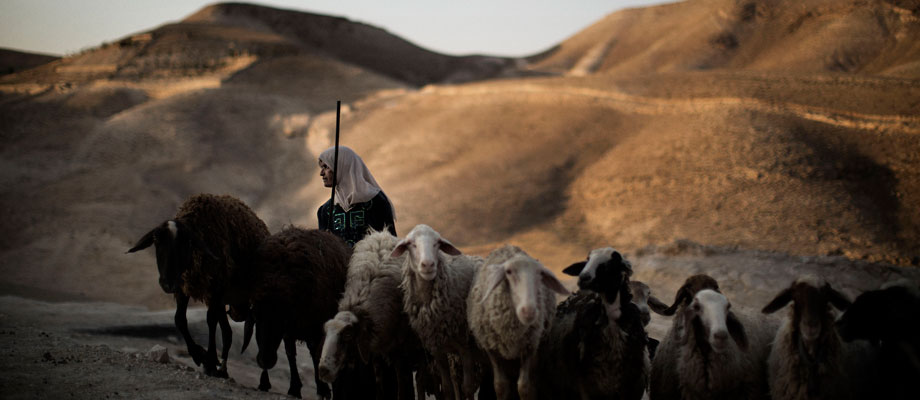Read more on Family Farming in Near East and North Africa
Read more on Family Farming in Near East and North Africa
Between 25% and 40% of the labour on family farms is provided by women and their role is increasingly important, because rising numbers of male family members are migrating to oil-rich countries and to cities in order to earn a better living and send remittances to their families back on the farm. Women, however, suffer even more than men from lack of access to land, credit and technology and they generally represent less than five percent of landholders in the region.
Youth unemployment is another major challenge facing the region today, with rates of around 25%. Youth are increasingly losing interest in agriculture and are looking for jobs in urban area. This is putting pressure on urban infrastructure and is depriving rural areas and family farms of important labour resources that are generally more educated and dynamic.
Family farmers are a vital element to reduce poverty and improve food security in the region, thus contributing to feed the growing urban households. Improving productivity and social protection has been recognized as a powerful pathway to advance family farming in the region. In such a context, FAO’s Small Scale Family Farming Regional Initiative aims at achieve higher levels of productivity and income generation for family farmers, by playing a critical role in intensifying smallholders’ production in a sustainable manner. This initiative contributes to the adoption of policies and institutions that reduce rural poverty and contribute to inclusive economic growth and food security. It improves the environment and conditions of family farming in the region and has direct impact on smallholders’ organizations, productivity and overall working conditions. Furthermore, it supports empowering youth and women and facilitating their access to decent employment.
FAO is working closely with thousands of small farmers and producers in the region. This Initiative puts farmers and smallholders back at the centre of fight against hunger and poverty, strengthening their managerial and negotiation skills to market their products and fostering the role of women and youth in the agricultural sector.
Resources
CLIMATE-SMART POLICIES TO ENHANCE EGYPT’S AGRIFOOD SYSTEM PERFORMANCE AND SUSTAINABILITY
Network
Agricultural Planning Economic and Rural Development Research Institute(APERDRI)

Study on small-scale family farming in the Near East and North Africa region. Focus country: Lebanon

Study on small-scale family farming in the Near East and North Africa region. Focus country: Tunisia

















